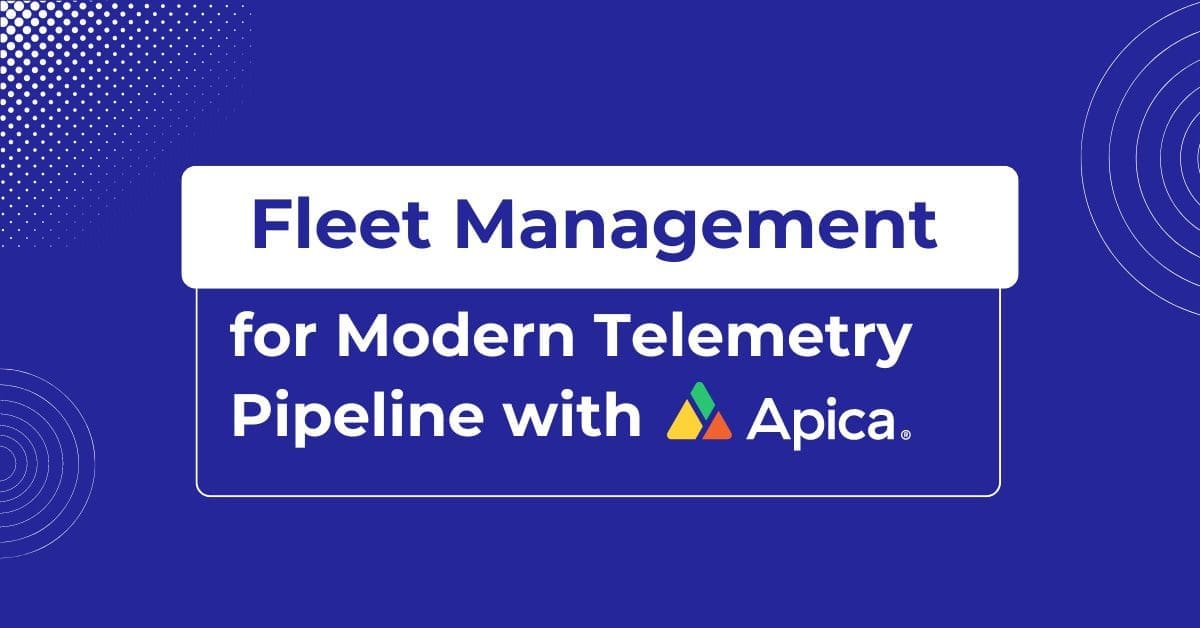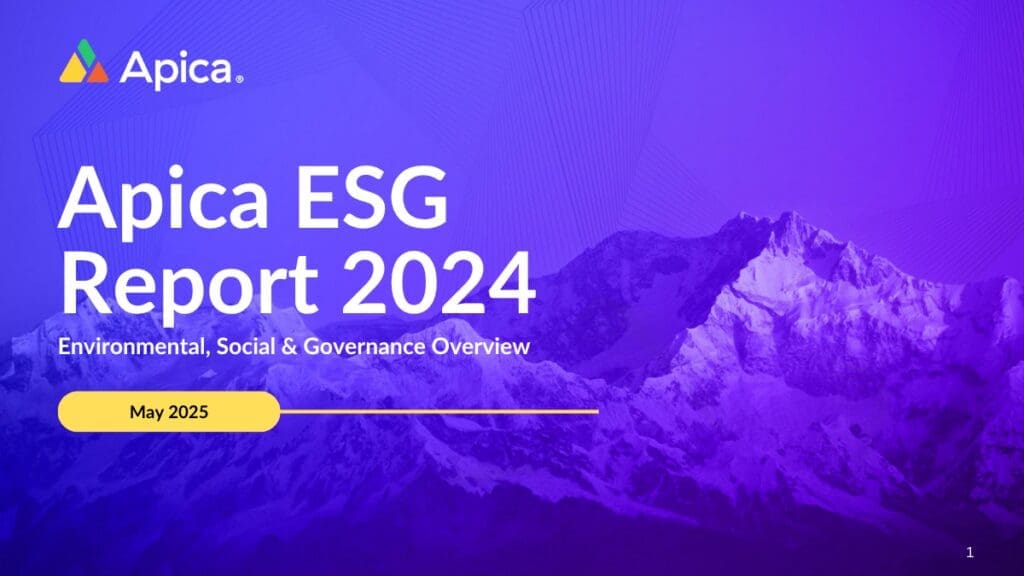Database indexes are invaluable for information systems with low throughput, low latency, and high consistency requirements. Both compute, and disk space is required for creating indexes along with any required operational overheads. Often, resource, time, and cost to maintain indexing far outweighs the performance objectives of the log management tool itself. apica.io offers a unique no-index approach to log management approach, which allows for infinite scaling while maintaining search and query performance. For achieving this, we have to solve the problem of infinite scale for both our data and metadata stores.
Apica maintains its metadata in Postgres. However, that cannot scale infinitely without incurring significant costs. Our Hybrid metadata layer manages the migration of metadata tables between postgres and S3. Metadata that is old, is seamlessly tiered to S3, and is fetched on-demand when needed. The Key/Value nature of S3 allows us to fetch granular metadata on-demand without additional indexes being maintained.
A similar approach is applied to data. Incoming data is broken into chunks and stored in a partitioned manner so object lookups for e.g. a namespace or an application does not need additional indexes. The object key implicitly encodes the index information. This makes lookups and retrievals efficient when data is needed from the S3 layer that is not found in the local disk cache.
Apica’s architecture offers unique advantages by using S3 as its primary storage location. Yes! S3 is not a secondary storage tier in our architecture.
-
S3 storage for data and metadata
Storing both data and metadata vs using local storage significantly reduces the total cost of the solution. Most scaled out self-service log analytics solutions require costly management of volumes at scale! Apica abstracts it as an S3 API.
-
No-Index log management
Eliminates costly compute and storage that would otherwise be used constantly for indexing, rebuilds etc.
-
Eliminate Data egress cost
When running in public cloud environments, deploying Apica with the S3 bucket in the same region eliminates costly egress and data transfer costs that can run into tens of thousands of dollars when sending data to an external cloud provider.
Apica is the first real-time platform to bring together benefits of object store (scalability, one hop lookup, better retrieval, ease of use, identity management, lifecycle policies, data archival etc) and distributed compute via Kubernetes, along with highly configurable dash-boarding, query, alerting and search. As a result, we provide much reduced cost, easy integration with other analytics tools, and operational agility.













